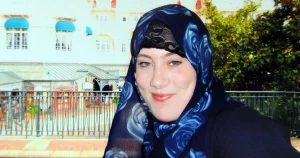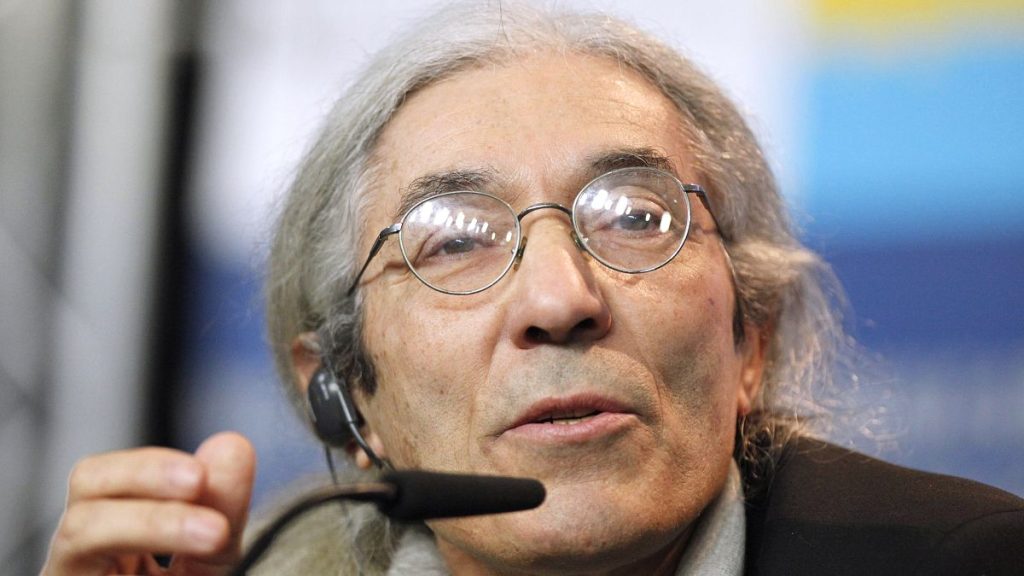In a disturbing development for freedom of expression, multiple Nobel Prize-winning authors have united in a petition advocating for the release of Boualem Sansal, a prominent Algerian writer known for his critical views on Islamic extremism. Sansal, who is 75 years old and holds French-Algerian nationality, was arrested in Algiers on November 16 as he returned from Paris. His detention incited widespread concern, not only among literary circles but also from global political figures, including French President Emmanuel Macron, who called for clarity regarding Sansal’s situation. Although the Algerian press indicates his detention, the specific charges against him remain undisclosed. A letter penned by Kamel Daoud, a Prix Goncourt winner, has been publicized by French magazine Le Point, garnering support from a multitude of notable authors, including Annie Ernaux, Jean-Marie Gustave Le Clézio, Orhan Pamuk, and Wole Soyinka, who are demanding his immediate release.
Sansal has long been a controversial figure due to his literary works that candidly discuss Algeria’s fraught relationship with Islamist ideologies, notably illustrated in his 2008 novel “Le village de l’Allemand.” The narrative revolves around two Algerian brothers confronting their father’s Nazi past, serving as a metaphorical commentary on the complexities of identity and extremism. Sansal has received accolades for his contributions to literature, including a Prix du Premier Roman for his debut work and the prestigious Editions Gallimard Arabic Novel prize. However, his accolades have not come without challenges: after attending the Jerusalem Writers Festival in 2012, prize money he was awarded was rescinded upon the council’s discovery of his attendance, highlighting the precarious nature of freedom for artists in politically sensitive contexts.
The letter supporting Sansal and criticizing the Algerian government outlines a dire atmosphere for writers and intellectuals within the country. It describes an oppressive climate where freedom of expression has virtually vanished, and those who dare speak out face potential arrest under dubious allegations. The authors emphasize that this environment fosters fear among writers, publishers, and booksellers, all of whom navigate an ongoing threat of violence and retribution for their ideas and work. The severity of this repression was underscored by political surveillance during the last Algiers Book Fair, where authorities worked to eliminate any literature they deemed troubling or offensive.
Kamel Daoud’s letter painted a poignant picture of Boualem Sansal, characterizing him as a modern-day prophet unafraid of the truth yet oblivious to the ensuing dangers of his visit back to Algeria. Daoud succinctly underscores the grim reality that in today’s Algeria, even the most innocuous expressions can lead to severe penalties, laying bare the tragic paradox of a society that stifles the voices of its most courageous thinkers. The appeal called for both an immediate response to Sansal’s arrest and a broader acknowledgment of the risks faced by writers committed to truth and justice across the globe.
The international literary community stands in solidarity with Sansal, perceived as a representative of the struggle for free expression in Algeria and beyond. The signatories of the petition emphasize the need for collective action to safeguard the rights and lives of those who challenge oppressive regimes through their words. As demonstrated by Daoud’s heartfelt call, there is a growing consensus that the silence surrounding such cases must be broken, underscoring a protective duty to support those who face persecution for their artistic contributions.
In summary, Boualem Sansal’s situation represents a far-reaching issue regarding the sustainability of freedom of expression in Algeria and similar contexts worldwide. The petition initiated by his peers, bolstered by the voices of celebrated authors, highlights the urgent need for vigilance and advocacy in the face of authoritarianism. Sansal’s profound influence through his writings serves as a beacon for the ongoing fight against intellectual repression, making it clear that the repercussions of such arrests extend beyond individual repercussions, affecting the cultural fabric of society at large.














